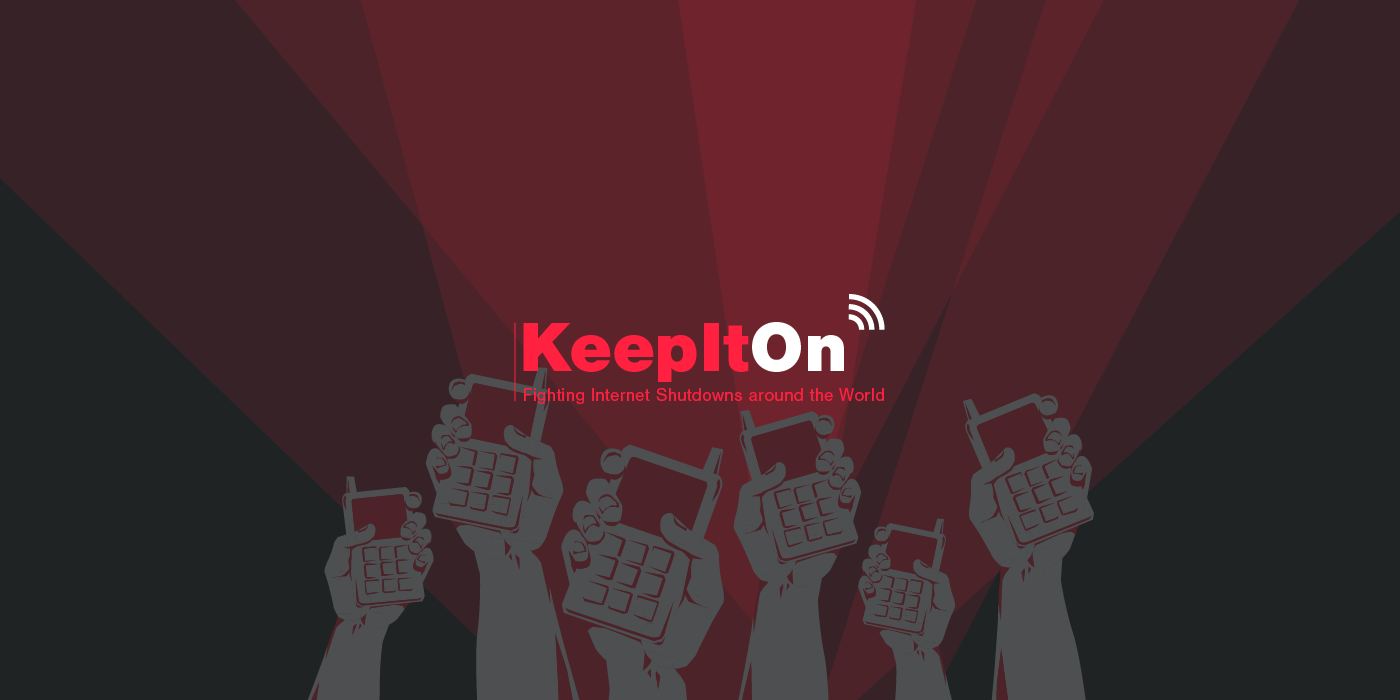Gambia has become the latest country to shut down its internet on the eve of elections — the most critical moment in a democracy. After speculation among journalists that President Yahya Jammeh was considering disrupting communications, the rumors came true:
#Internet disruption in #Gambia has dropped @akamai traffic to the country to zero over the last hour. (h/t @PsiphonInc) pic.twitter.com/MUe4NWvFss
— StateOfTheInternet (@akamai_soti) November 30, 2016
Internet and all international calls are currently suspend in The Gambia. Gambians head to the polls tomorrow.
— Gambia Decides (@GambiaDecides) November 30, 2016
Just hours prior, Access Now joined other members of the #KeepitOn coalition to call on President Jammeh and the telecommunications regulator, PURA, to keep the internet on, via an open letter. As the letter states:
Research shows that internet shutdowns and state violence go hand in hand. Shutdowns disrupt the free flow of information and create a cover of darkness that allows state repression to occur without scrutiny… Justified for public safety purposes, shutdowns instead cut off access to vital information, e-financing, and emergency services, plunging whole societies into fear and destabilizing the internet’s power to support small business livelihoods and drive economic development. In addition, a study by the Brookings Institution indicates that shutdowns drained $2.4 billion from the global economy last year.
The message was clear: the world is watching.
Rights groups have already documented a worrying deterioration in the climate for human rights in the small West African country. Earlier this week #KeepitOn member Human Rights Foundation excoriated President Yahya Jammeh for the arrest of 19 activists, who has since called for a ban on protests — which would violate the right to freedom of assembly.
“#Gambia has turned into a prison…We’re going to give people their freedom. That is more important than anything.” https://t.co/RIXQ3bbwUY
— Jeffrey Smith (@Smith_JeffreyT) November 30, 2016
The #KeepitOn campaign includes more than 100 organizations from nearly 50 countries, including leading civil society organizations from countries that are directly impacted by shutdowns. In July 2016, the U.N. Human Rights Council unequivocally condemned internet disruptions, and through the Global Network Initiative, technology companies spoke out against them. The world’s largest technology association, the GSM Association, issued strong guidelines on what it calls Service Restriction Orders.
And yet we still have plenty of work to do. Ghana will head to the polls next week and the signs are promising, but governments shouldn’t even be considering internet shutdowns at all. We can use your help. Go to https://accessnow.demo.cshp.co/keepiton to sign up as an organization or an individual, and use the hashtag #KeepItOn on social media to join our conversation.
Are you in Gambia? If so, we are collecting evidence about the internet shutdown and our Digital Security Helpline can provide advice to journalists and users at risk. Please send any information to shutdowns@accessnow.org.
